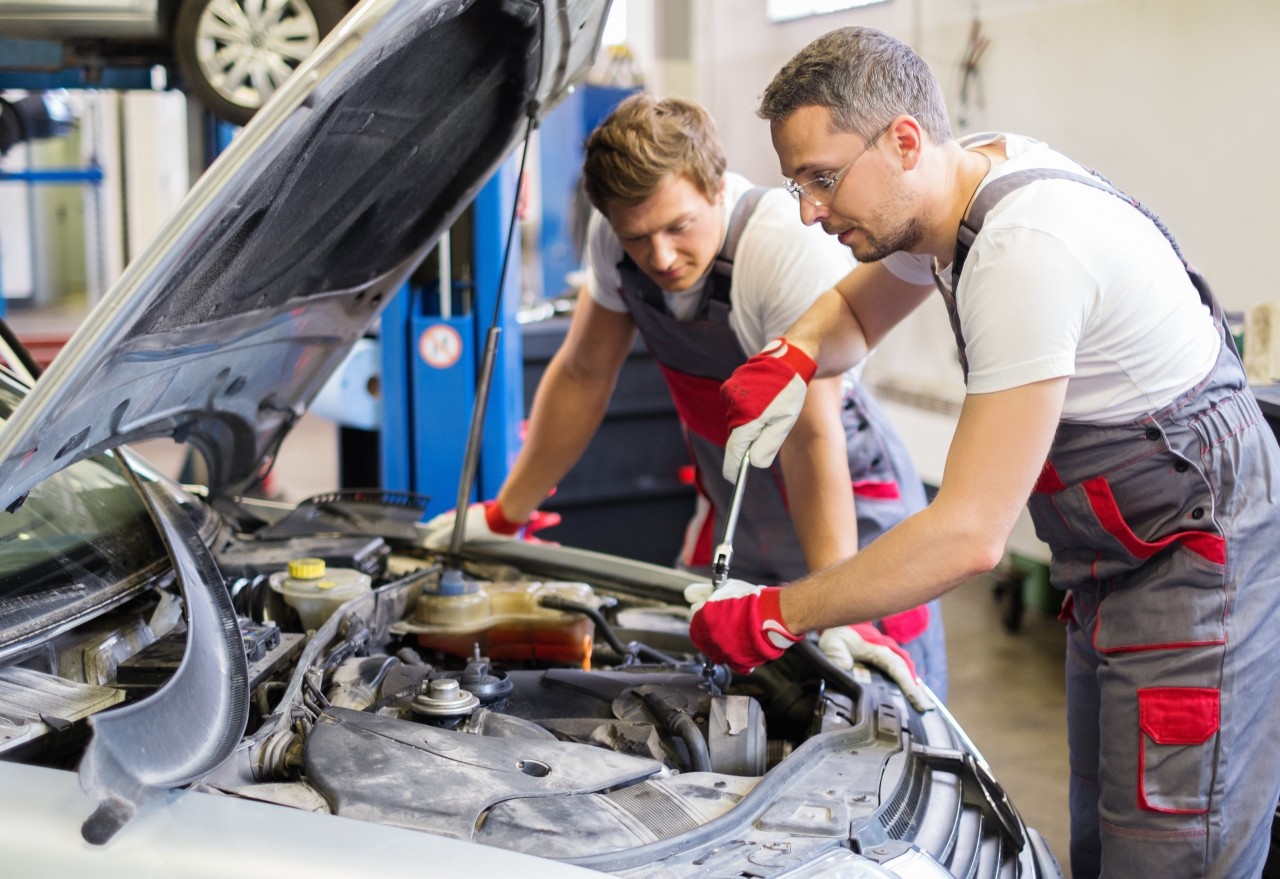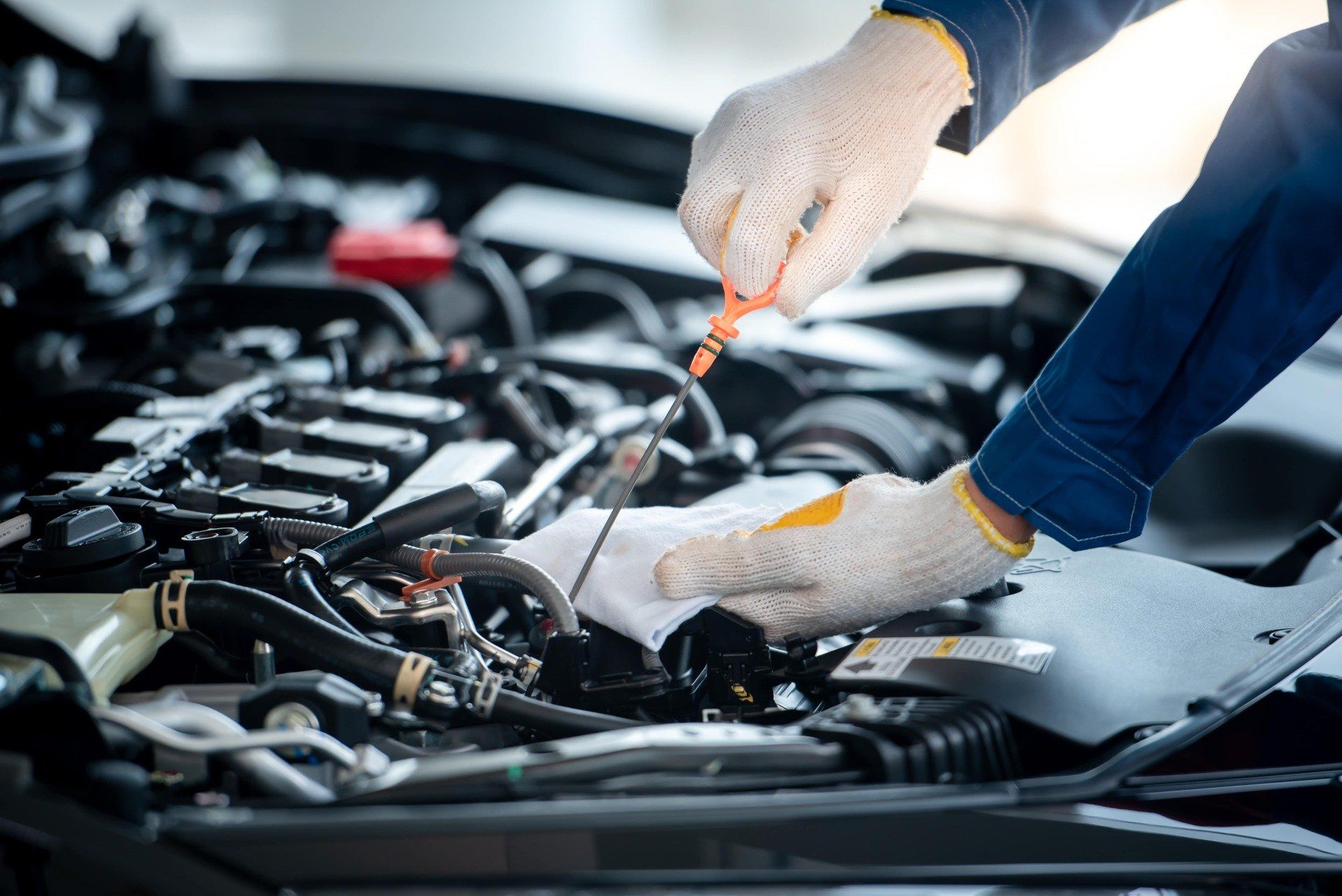All Categories
Featured
Your vehicle's brakes are just one of the most essential elements in guaranteeing your safety and the security of others when driving. Routine brake evaluations are important to keeping optimum braking efficiency and preventing expensive repair services. Whether you're a seasoned automobile owner or a new motorist, comprehending brake inspection guidelines can help you remain aggressive regarding upkeep and guarantee your lorry is always roadworthy.
- Why Brake Inspections Issue. Brakes are subject to constant damage. The even more you drive, the extra friction your brake pads withstand, eventually bring about reduced stopping efficiency. Without proper assessment, it's hard to gauge when your brakes could be in need of repair work. Routine brake checks assist recognize issues at an early stage, protecting against potential failings that can place you in danger.
A properly maintained brake system ensures fast, receptive quiting power, especially in emergencies. It likewise aids expand the life of your vehicle, as neglecting brake upkeep can result in much more severe, expensive problems later on.
- Indications You Required a Brake Examination. While it's crucial to have your brakes checked occasionally, specific signs may indicate that they need attention. Watch (and ear) out for these warning signals:
Squeaking or Grinding Sounds: Uncommon audios, particularly a high-pitched screech or grinding sound, frequently suggest that your brake pads are used down. Resonance or Pulsation: If you really feel vibrations or a pulsing sensation when pressing the brake pedal, maybe an indicator of deformed blades or uneven brake pad wear. Minimized Brake Responsiveness: If your brakes feel much less receptive or you need to press the pedal harder to reduce, it may indicate air in the brake lines or low brake fluid. Pulling away: If your car pulls to one side when stopping, it might suggest uneven brake pad wear or a brake liquid leak. Dashboard Caution Lights: Some cars have brake-related caution lights that indicate issues like low brake liquid or worn brake elements. If you notice any of these signs and symptoms, it's essential to have a professional mechanic do a brake inspection asap.

- What Takes place During a Brake Assessment? During a brake inspection, a mechanic will certainly check several key elements of the stopping system to make certain everything remains in functioning order. Right here's what you can anticipate throughout the process:
Brake Pads and Shoes: The mechanic will certainly evaluate the thickness of the brake pads or shoes. If they're also slim, they'll require to be changed. Brake Rotors: Rotors are the discs that the brake pads press against to slow your vehicle down. They'll be inspected for any signs of wear, racking up, or bending. Brake Liquid: Low or polluted brake liquid can hinder stopping performance. The professional will examine the liquid level and top quality and top it up or flush it if necessary. Brake Lines and Hose pipes: Brake lines bring liquid from the master cylinder to the brakes. The technician will certainly look for any leakages, cracks, or damages to make certain appropriate fluid circulation. Brake Calipers and Wheel Cylinders: Calipers and wheel cyndrical tubes press the brake pads against the blades or drums. The specialist will check for wear, leakages, and correct procedure. 4. Just how Usually Should You Have Your Brakes Examined? The regularity of brake evaluations relies on factors like your driving practices, the sort of car you drive, and the atmosphere in which you drive. As a basic guideline, it's a good idea to have your brakes evaluated every 12,000 miles or as soon as a year. Nevertheless, if you experience any of the indication discussed earlier, it's essential to get your brakes checked promptly.
For those that frequently drive in rush hour, hilly terrain, or harsh climate problems, more constant evaluations might be necessary.
- Relevance of Timely Brake Repair Works. When you detect a trouble with your brakes, it's necessary to resolve it today. Delaying brake fixings can lead to more significant damages to your braking system, leading to higher repair work expenses. In severe instances, neglecting brake concerns can lead to finish brake failing, which is a major safety risk.
By staying on top of brake maintenance and resolving issues promptly, you make certain that your brakes remain to perform as intended, keeping you and your guests safe when traveling.
Verdict: Maintain Your Brakes in Leading Shape. Brake assessments are a straightforward yet crucial part of vehicle upkeep. By recognizing the value of normal inspections, recognizing the indications of brake issues, and remaining proactive with repairs, you can guarantee your vehicle's braking system continues to be in optimum condition. Regular brake checks supply satisfaction, understanding that your vehicle is prepared to react when you need it most. Prioritize brake upkeep-- your security depends on it.
Latest Posts
Meet the Professionals Behind Montclare Auto Repair - Dedicated to Quality
Open Greater Profits with WyHy Money Market Accounts
Discovering the Benefits of WyHy Share Interest-bearing Account
More
Latest Posts
Meet the Professionals Behind Montclare Auto Repair - Dedicated to Quality
Open Greater Profits with WyHy Money Market Accounts
Discovering the Benefits of WyHy Share Interest-bearing Account
